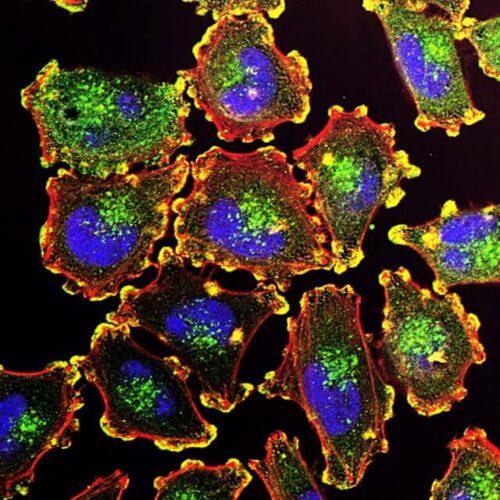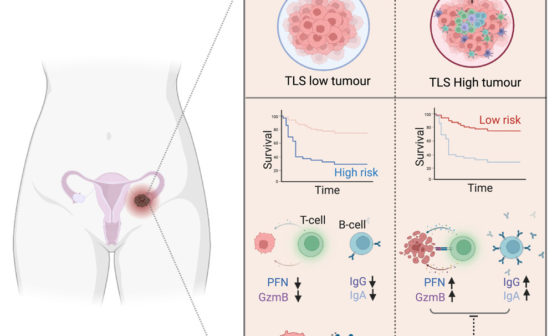Diagnostic The application of measures of minimal residual disease to chronic myeloid leukaemia
Our work on diagnosing, determining the management and predicting outcomes in chronic myeloid leukaemia (CML) response has impacted globally. We have informed the European LeukemiaNet (ELN) guidelines, National Institute for Health and Care Excellence (NICE) guidelines and the WHO International Genetic Reference Panel.
Our studies reflect our determination to translate biomedical research into benefits for patients and illustrate the impact the partnership’s research has had on patient care, the health system and for broader economic gain.
Our research has focussed on the identification and validation of new biomarkers in CML diagnostic samples. The aim is to identify patients with the best chance of response to Imatinib on the grounds of DNA/RNA and methylation pattern. Imatinib is a first generation tyrosine-kinase inhibitor (TKI).
Our achievements include the following: the use of our polymerase chain reaction (PCR) technology for monitoring responses, confirming the efficacy of Imatinib; the recognition of a sub-group who cannot remain on Imatinib and require alternative agents; the demonstration of the impact of adherence on achievement and maintenance of deep molecular responses; and the identification of the most powerful biomarker to date, namely early PCR responses .
In 2011, we identified the most powerful disease biomarker, namely the RT-qPCR level after three months of therapy. This finding has now been incorporated into international guidelines for management and is driving the design of future clinical trials.
Patients with RT-qPCR levels less than 10% at three months have poorer outcomes. Two approaches to therapy are now being explored for efficacy and cost-effectiveness. The first is to treat all patients with generic Imatinib from diagnosis and change only those patients with RT-qPCR levels greater than 10% at three months to a more potent and expensive TKI. Alternatively, treat all patients with the more potent agents from diagnosis but change good responders to generic Imatinib when deep responses have been achieved.





